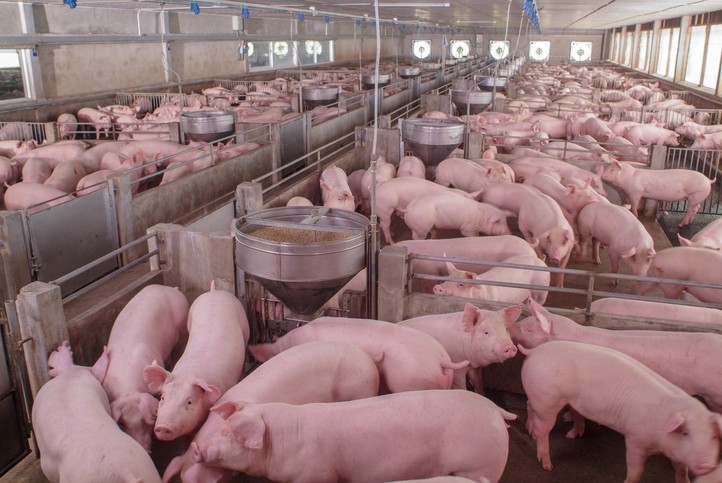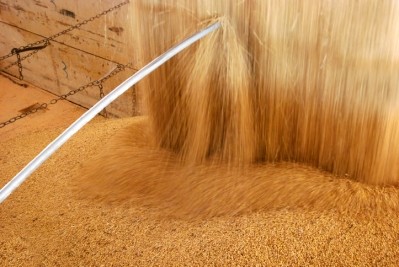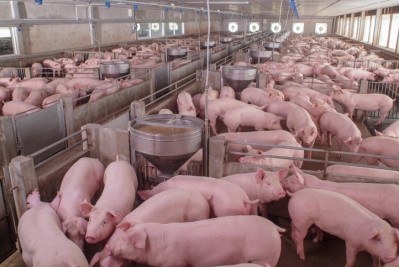Certain feed additives may be effective tools against African Swine Fever

ASF has been spreading rapidly, threatening pork production and human food security worldwide.
The study from the K-State research team, headed by Megan Niederwerder, assistant professor of diagnostic medicine and pathobiology in the College of Veterinary Medicine, was published in the journal Transboundary and Emerging Diseases.

The team said the paper provides the first evidence that feed additives may be effective tools against the virus, that chemical feed additives may potentially serve as mitigants for reducing the risk of ASFV introduction and transmission through feed.
"Over the last two years, ASF is estimated to be responsible for the death of at least 25% of the world's pig population due to the emergence of the virus within China and subsequent spread to over 10 other Asian countries," Niederwerder said.
"In 2019, we published the first report of African swine fever virus, or ASFV, transmission through the natural consumption of plant-based feed. Our subsequent work has focused on mitigation of ASFV in feed through the use of chemical feed additives and heat treatment,” she added.
Niederwerder and her team examined two different classes of liquid feed additives, including a medium-chain fatty acid-based additive and a formaldehyde-based additive, for efficacy against ASF virus in cell culture and in feed ingredients. In general, the scientists observed that both chemical additives demonstrated evidence of reducing the virus infectivity, with data supporting dose-dependent efficacy.
The study lead said there are currently no commercially available vaccines and no effective treatments that can be administered to pigs for ameliorating disease caused by the virus. Thus, control of ASF is focused on biosecurity measures to prevent the introduction of the virus into negative countries or negative farms and regions within a positive country.
The other method of containment would involve large-scale culling of infected or high-risk animals to contain the spread of the virus.
"Our new research reports novel data evaluating the efficacy of feed additives on inactivating ASFV in an in vitro cell culture model and a feed ingredient transoceanic shipment model," Niederwerder said. "This will provide valuable information to the swine industry with regards to mitigating the risk of potential routes for introduction and transmission of ASFV through feed and ingredients."
The K-State study was funded by a grant from the Swine Health Information Center and the State of Kansas National Bio and Agro-defense Facility Fund.
While she said the results of the study are promising, Niederwerder emphasized the need for a multifaceted approach to reducing the risk of ASF virus in feed, including sourcing ingredients from countries without the virus when possible, applying holding times to high-risk ingredients, and implementing consistent biosecurity protocols at the feed mill.
Source: Transboundary and Emerging Diseases
DOI: https://doi.org/10.1111/tbed.13699
Title: Mitigating the risk of African swine fever virus in feed with antiviral chemical additives
Authors: MC. Niederwerder, S. Dee, DG Diel, A MM. Stoian LA Constance, M Olcha, V. Petrovan, G. Patterson, AG Cino‐Ozuna, R RR Rowland














